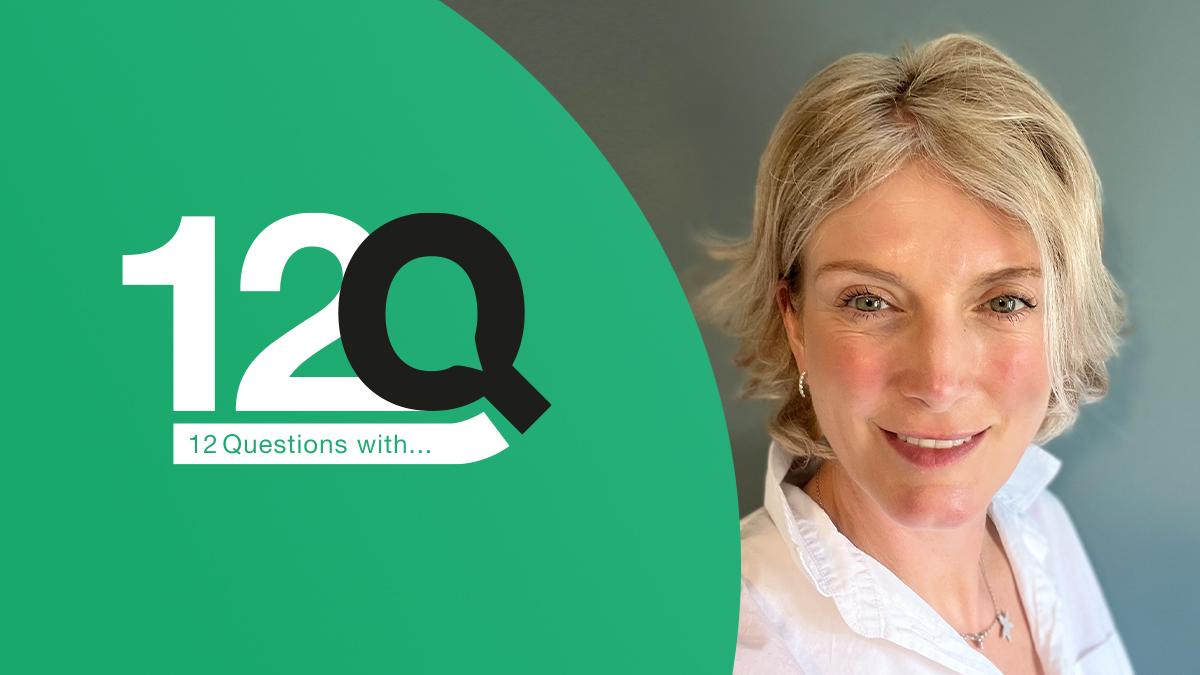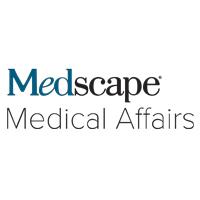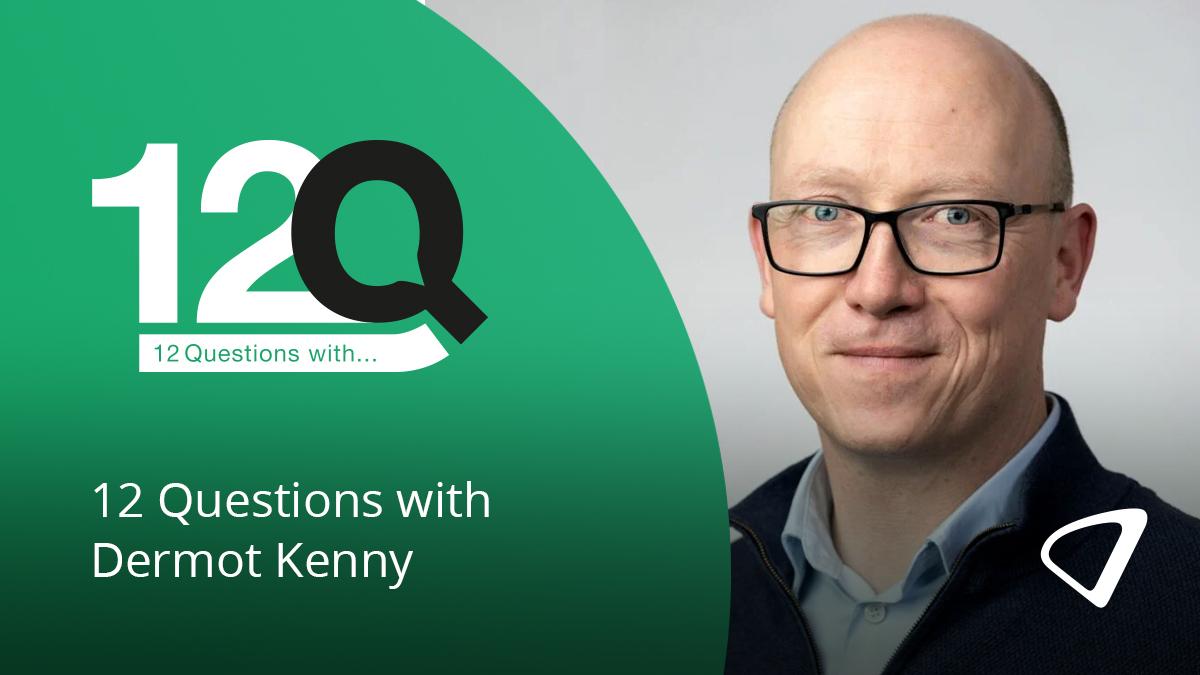12 Questions with Caroline Phillips

Caroline Phillips is the Vice President of Medical Affairs at Medscape, with over 25 years of experience in the pharmaceutical industry. She specialises in merging clinical science with clinical practice to enhance medical communications and patient care. At Medscape, Phillips leads the development of educational resources and communications that support healthcare professionals worldwide. Her dedication to medical communications innovation continually drives improvements in how medical knowledge is utilised in clinical settings.
What are the main responsibilities of your current role? I lead the global business development team for Medscape’s Medical Affairs division. We partner with pharma to provide services to support company-led medical education. We’re like a boutique agency inside the behemoth that is Medscape. That means we bring creative thinking, strategy development, and content development capabilities to your projects. Our USP is the Medscape membership – this means that alongside the ‘agency-style’ services above, we can dive into your audiences for insights, recruit to activities from our membership, and guarantee engagement with content that we post on Medscape. And now, I’m really pleased to say, we can also guarantee outcomes with our projects, with a mutual commitment to success against key indicators for pharma.
What is your background prior to this role and how did it prepare you for the work you do now? I started my career in the time-honoured way as a medical rep at Servier, then moving on to training and marketing roles. After ten years it was time for a change, so I moved to Wiley to work in BD in medical publishing. After another ten years (and two kids), I moved to Medscape, selling our services as a CME provider. Three years ago, we launched the Medical Affairs business, and I really enjoyed the opportunity to partner in more collaborative ways with pharma, so when the opportunity came up last summer to lead this team, I was keen to take it.
What is your proudest professional accomplishment to date? Probably our amazing collaboration with Gustave Roussy and Dana Faber Cancer hospitals, together with L’Institute Servier, to deliver an annual series of cutting-edge oncology masterclass meetings. These are truly global events with a stellar faculty and attendees both live and virtual from all over the world.
What motivates you about working in pharma? I do truly believe in pharma’s mission to improve patients’ lives. That’s at the centre of Medscape’s mission statement and I try to think about what difference a project could make when we are working hard to get it underway.
What are the most important professional skills in your work and how do you hone them? In my client-facing role, the one skill that I believe is more important than anything else is the ability to listen. It’s a real privilege when clients share information about their ambitions, hopes, and plans for their molecule, and as a potential partner in that mission we need to really comprehend that before we make recommendations.
If you could change one thing about the pharma industry, what would it be? The pace at which it moves. Easy to say as an ‘outsider’, but pharma does tend to be slowed by its own organisation and policies. It’s frustrating when projects get stalled, but the reality of delays is that it affects the patient - when their HCPs don’t have the latest information to make decisions, their care can be sub-optimal.
How has the COVID-19 pandemic changed your work or your workplace culture? COVID triggered a fundamental change in pharma that accelerated the move to digital massively. We saw a huge rush to convert face-to-face (F2F) activities to digital and HCPs quickly became very comfortable with online education. We were well placed to support with that, as Medscape has always been a digital platform, foremost with live capabilities as well. Medscape’s audience surveys immediately post- pandemic showed very clearly that HCPs are committed to continuing with digital interactions, but it’s interesting to see the pendulum now starting to swing. Digital is great, but it’s hard to enjoy it in the way you can F2F, and you don’t get the ‘feels’ you do from a live presentation of incredible new data - that moment when a shiver runs down your spine and you can appreciate the hope that this brings to patients. So, our business has shifted very much to a hybrid model, to accommodate both. The other big change is that on-demand is now a clear preference, so we focus on making content accessible when and how the HCP wants to use it.
What has changed most about the industry since the start of your career? The growth in digital for promotional activities and as a key channel for HCPs and patients to find information and support. With this has come the improved ability to measure outcomes of our initiatives and engagement with HCPs. This change has enabled closer scrutiny of the impact of medical communications activities and how they change patient care.
What advice do you have for your pharma industry peers? I would say that despite five years or more of focusing on omnichannel as an approach, very few pharma companies are actually doing it. So, my advice is look outside your industry for best practice examples, think about the HCP as a consumer and consider that journey from their perspective, rather than the one you want them to take.
What sports do you follow and who do you root for? My 15-year-old son has recently joined the GB Rowing development squad, so I’m rooting for him in all his races and regattas! The South Coast regatta schedule is pretty packed with races throughout the summer. I’m learning first-hand that when your kid does sport at a reasonably high level, it takes an army of support, plenty of early mornings, and a lot of driving about!
If you could have any superpower, what would it be? Easy – the ability to actually do several things at once and remember them all, instead of trying and forgetting like I do now.
If you could have any job other than the one you have now, what would you choose? I always fancied being an architect. I’m not a big art fan, but I find myself inspired by creative spaces, swooping ceilings, and places that shift how you see things. I love some of the modern European civic buildings such as museums, but at the other end of the scale I am always touched by the sense of peace that exists in religious buildings, from small churches to cathedrals.
Connect with Caroline Phillips on LinkedIn.












